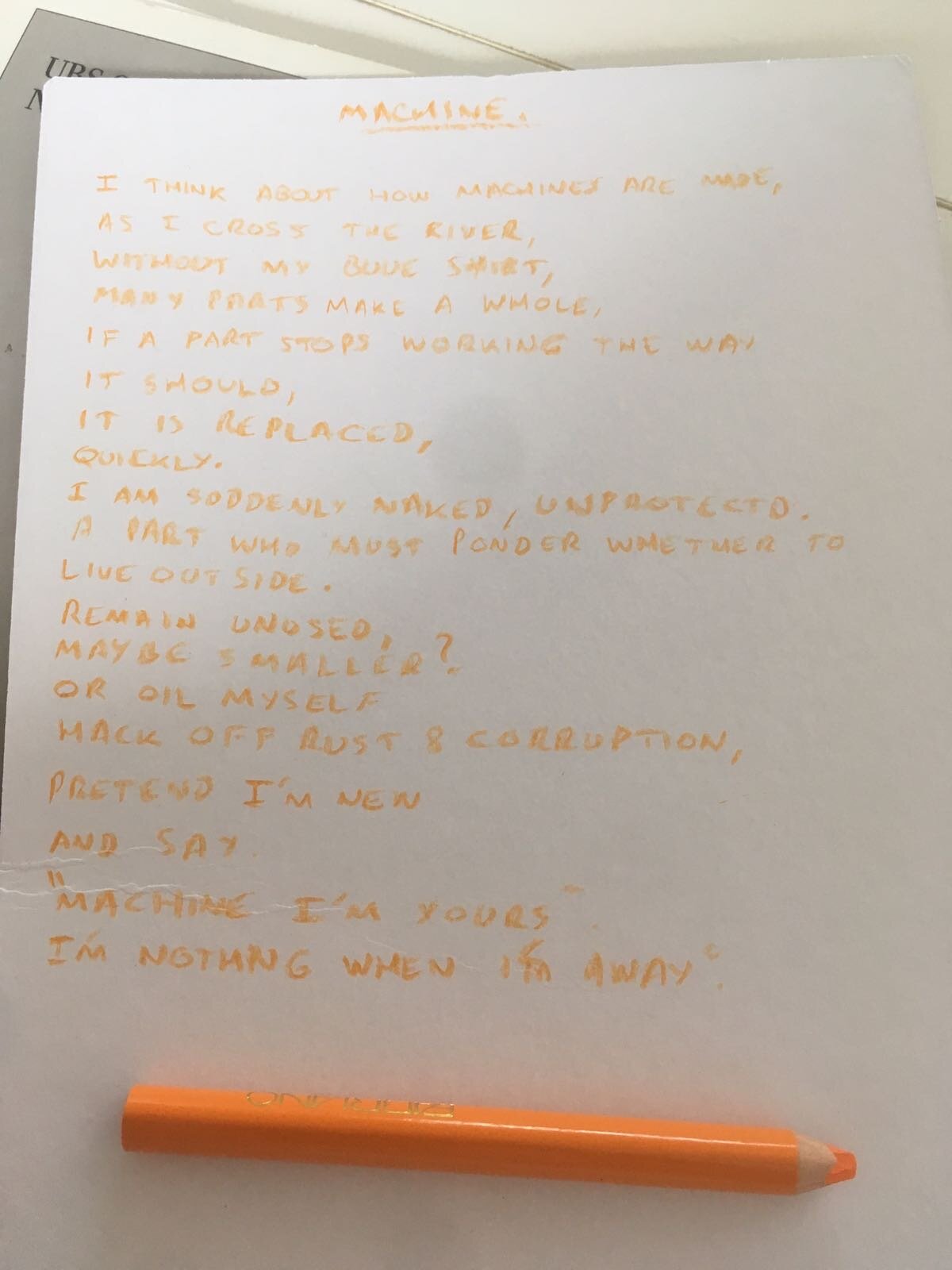Ikigai: Find your own meaning
Meaningful work is a powerful tool for keeping us sane. In his book that charts his time at a Siberian Labour camp, Dostoevsky acknowledges that although the work is hard there is a salvation in following it through from beginning to end and seeing its use. The way to truly break someone would be to divorce the work from meaning. For example, getting a prisoner to move a bucket of water from bath A to bath B and back again. Labour devoid of purpose and thus meaning.
I have weighed this up in my mind a lot given that I work in the City of London. A lot of it involves completing a process initiated by someone else. An ancestor of the sort of “Fordism” that proved beneficial for commerce but detrimental to workplace satisfaction. This is because people like to begin a task and then finish it. It’s why a lot of office workers would like to escape and “do something with their hands”.
In my view, a lot of companies are broadly composed of “all-ins” versus “mercenaries”. “Mercenaries” (normally very sane) are there to give what they are paid to do and nothing more. “All-ins”, for whatever reason, fully subscribe to the culture of the company by way of Faustian pact. They give everything but expect something in return. If that covenant is broken they fall hard. I faced this situation once. I had made the pact and then, in leaving, I could not imagine what else I could be useful for.
I wrote the below whilst walking into the city and feeling jealous of the people who didn’t need to think of their place in the world. I used to laugh at them on my way to work whilst singing the lyrics to “Piggies” by the Beatles. In that moment crossing the bridge I would have given anything to return to the hive:
I think about how machines are made,
As I cross the river
without my blue shirt.
Many parts make a whole.
If a part stops working the way it should
It is replaced
Quickly
I am suddenly naked
Unprotected
A part that must ponder on how to live outside
Remain unused?
Maybe Smaller?
Or oil myself
Hack off rust and corruption,
And say:
“Machine I’m yours
I’m nothing when I’m away.”
The Japanese have a term called “Ikigai”. Difficult to translate, the essence of its meaning is something like “finding meaning in living”. It is often misappraised in the West as a concept just about work, an extension of the common Venn diagram used to illustration the intersection between “what you love”, “what you are good at”, ”what the world needs” and “what you can be paid for”.
However, Ikigai is a much broader concept. Work is just one arena that it can be applied to. It is probably healthier to have a non-work related source of Ikigai. For example, In Japan, the retired are venerated for their wisdom. The elderly still have a valuable role to play. In the context of work, this helps Japanese workers endure many hardships in a sanguine fashion because they are in touch with what their work means to them. It is also a culture that values collective work over the needs of the individual. This allows them to look to the future and console unhappiness in the present. Finding meaning in work frees them from its hardship. Ikigai ultimately lets people creates their own meaning for the things they do.
Ikigai can also help illuminate the more meaningful elements at work. It resembles a practice that Stoics call “stripping”. This is where you ask yourself why you are truly doing something and if you would still be doing it without its trappings. “What would I do if I did not care about money”. Divorcing our rationale from the trappings of something quickly reveals where the meaning lies.
I am reminded of Haruki Murakami too. In “What I talk about when I talk about running” he never compares himself to others, but focuses on his own consistent improvement, stoically accepting the passing of time and its adverse impact on performance. This is all we can do. Find a meaning that suits us and rejoice in the little victories that occur rather than be crushed by the big things that fail or are slow to manifest. The secret lies in Ikigai, in finding meaning not just in work but in those elements of life that mean something to you.


